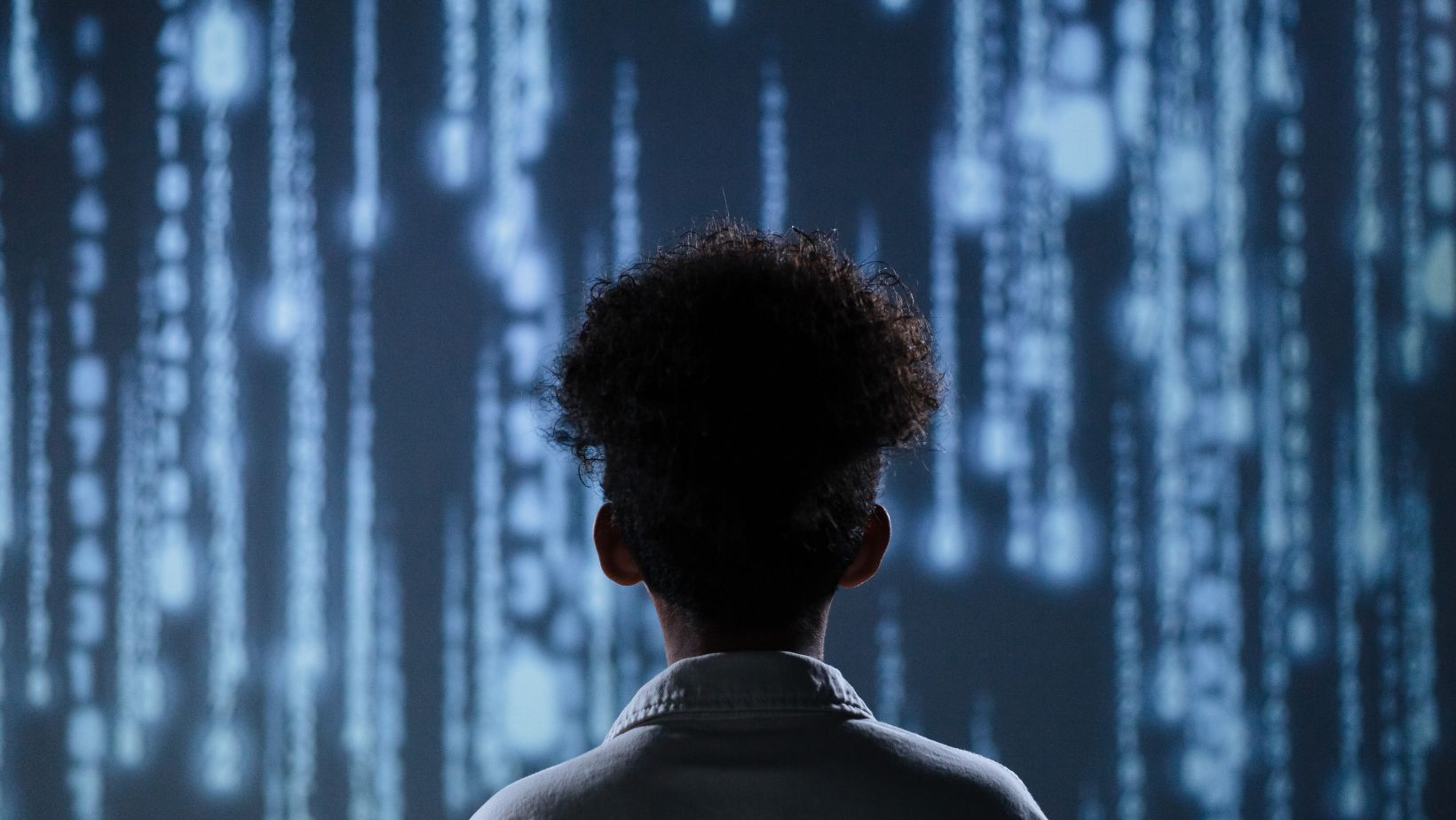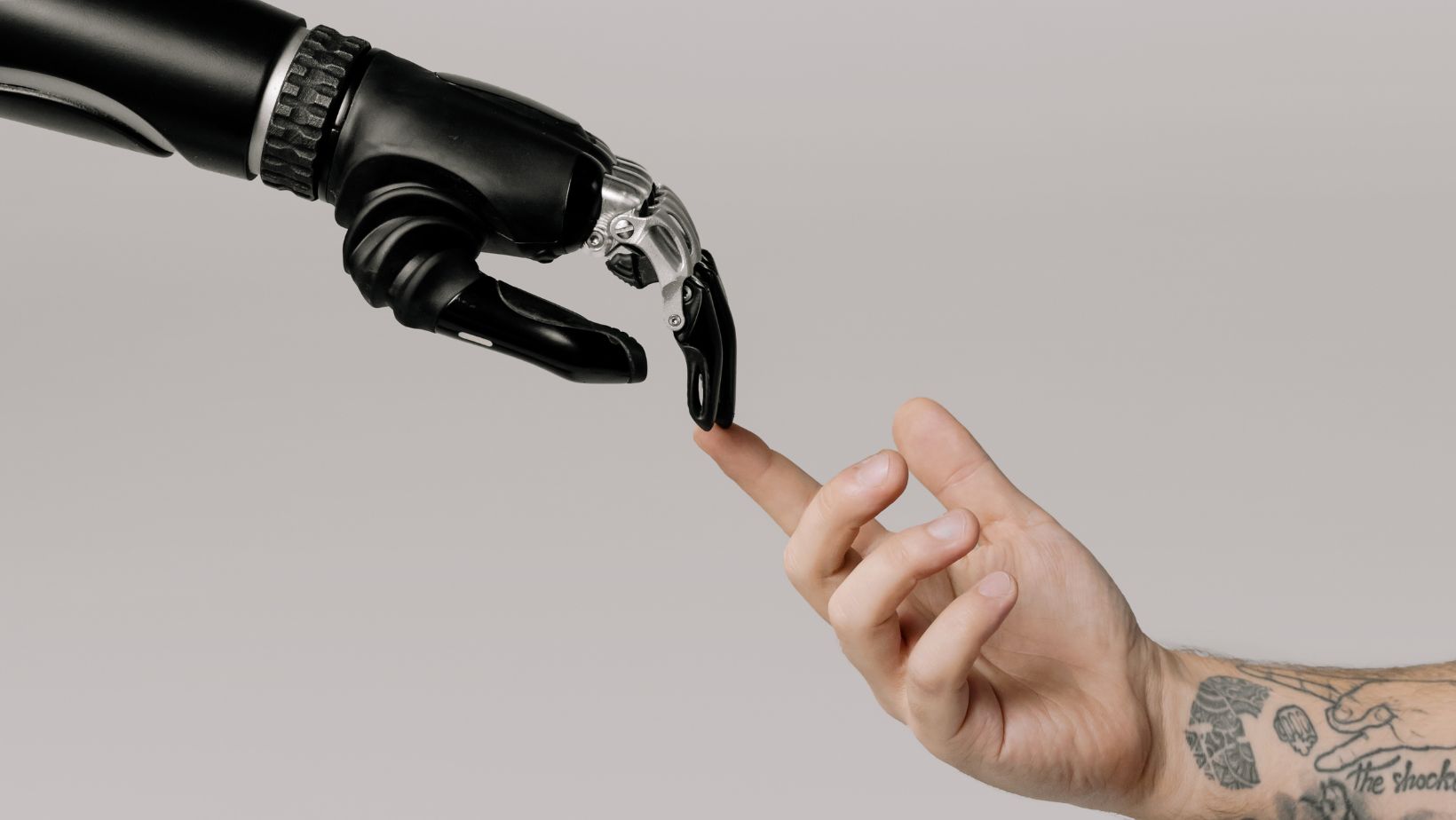From courtside to the gridiron, coaching has always been as much about instinct as it is about strategy. But what happens when you throw artificial intelligence into the mix? The idea of an AI coach isn’t about replacing human intuition but about redefining what it means to strategize, predict, and train. If you think AI is just for analyzing spreadsheets, think again—it’s rewriting the playbook in ways that are downright fascinating.
Data-Driven, Not Data-Drenched
For years, coaches have relied on gut feelings and years of experience to make split-second decisions. But when an AI can process millions of data points in the time it takes to tie your sneakers, instincts suddenly get an upgrade. Imagine having an AI assistant that doesn’t just hand you stats but also explains why your star striker’s performance tanks after the 70th minute.
Take an AI creator for videos, for example. It’s not just editing highlight reels anymore—it’s breaking down footage with surgical precision. Every feint, pass, or missed opportunity is logged, analyzed, and transformed into actionable insights. Coaches can now pinpoint weaknesses in a team’s formation or identify patterns in an opponent’s game plan. The human element remains intact, but with AI as a collaborator, the decisions become sharper, smarter, and more strategic.
Personalized Training, Teamwide Results
Athletes know that training isn’t one-size-fits-all, and AI is taking this to the next level. Machine learning algorithms are tailoring workouts based on individual player performance, biomechanics, and even sleep patterns. Forget cookie-cutter drills—these regimens are designed to address specific weaknesses and amplify strengths.

The best part? It’s not just for the pros. AI is making elite-level training accessible to athletes across all levels. Whether you’re gearing up for a local tournament or chasing Olympic dreams, AI offers tools that were once exclusive to big-budget franchises. It’s not a stretch to say that AI could democratize access to high-quality coaching, changing the face of sports development worldwide.
AI on the Sidelines
While AI tools are already enhancing performance, the idea of real-time coaching assistance is what’s really turning heads. Picture this: it’s the third period of a hockey game, and your team’s defensive line is getting shredded. An AI coach detects subtle patterns—player fatigue, defensive gaps, or even the opposing team’s shift in momentum—and feeds recommendations directly to the coaching staff.
Like the Beantown Winter Classic, where every detail matters under the spotlight, these tools don’t just analyze; they anticipate. AI becomes a second pair of eyes, one that never blinks, helping coaches stay two steps ahead when the pressure’s on.
Breaking Language Barriers in Sports Tech
AI isn’t just reshaping the game on the field; it’s also revolutionizing how fans and athletes connect worldwide. One of its coolest, most unsung abilities? Breaking down language barriers in real-time. Sports are universal, but language isn’t. Think about websites that teach you how to translate Spanish video to English for races, meets, and more. They’re game-changers, not just for fans but also for athletes studying international competition.

This technology does more than bring people together—it creates an unprecedented level of accessibility. Fans can now engage with global content without missing a beat, and athletes gain new tools to understand their competition on a deeper level. It’s another example of how AI is enhancing the sports experience, not just for players but for everyone who loves the game.
What About the Human Element?
Of course, the question always comes up: will AI make sports less human? The answer couldn’t be further from the truth. If anything, it amplifies the emotional highs and lows we already love. By taking care of the nitty-gritty—data analysis, language barriers, and personalized coaching—AI gives athletes and coaches more room to focus on the heart of the game: creativity, teamwork, and passion.
AI isn’t here to replace the huddle or take over halftime speeches. It’s here to be the assistant coach who never sleeps, the analyst who never misses a detail, and the scout who’s always one step ahead. It’s not about removing the soul of sports but about making it shine brighter.
Wrapping Up
AI’s role in sports is still evolving, but one thing’s for sure—it’s not just a fad. From personalized training plans to real-time coaching insights, artificial intelligence is transforming the way we think about performance, strategy, and accessibility. As it continues to integrate into every aspect of the game, one thing is clear: the future of sports isn’t just human—it’s human and AI working together to push the limits of what’s possible.








